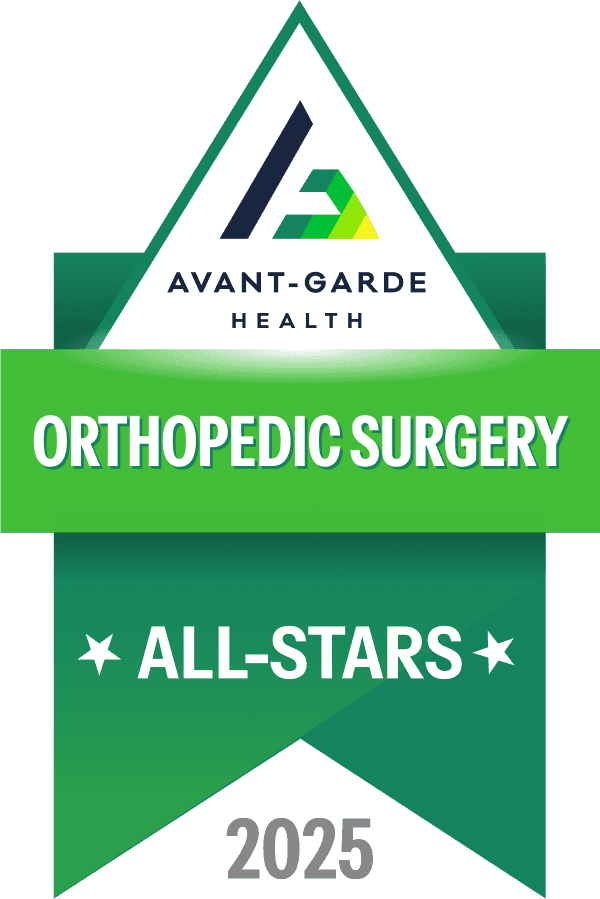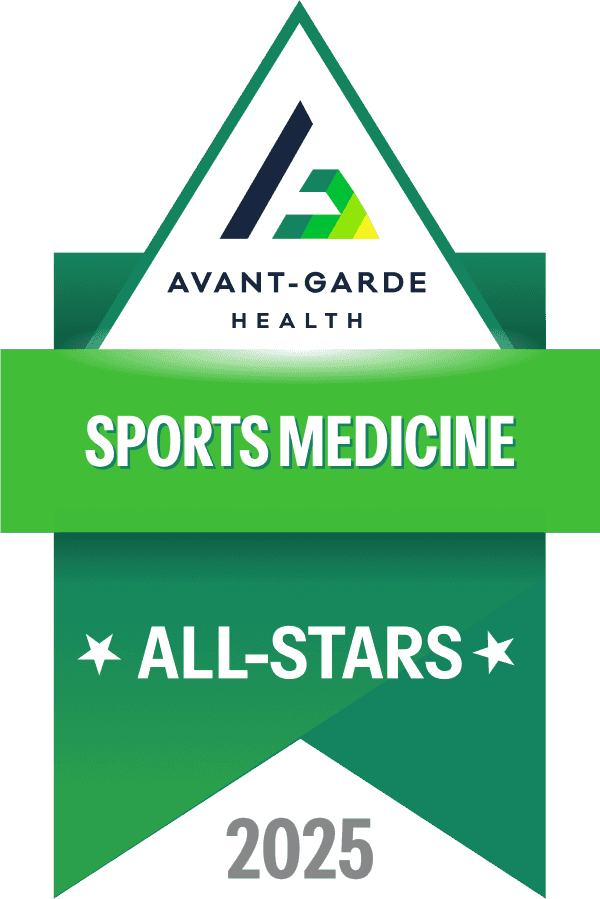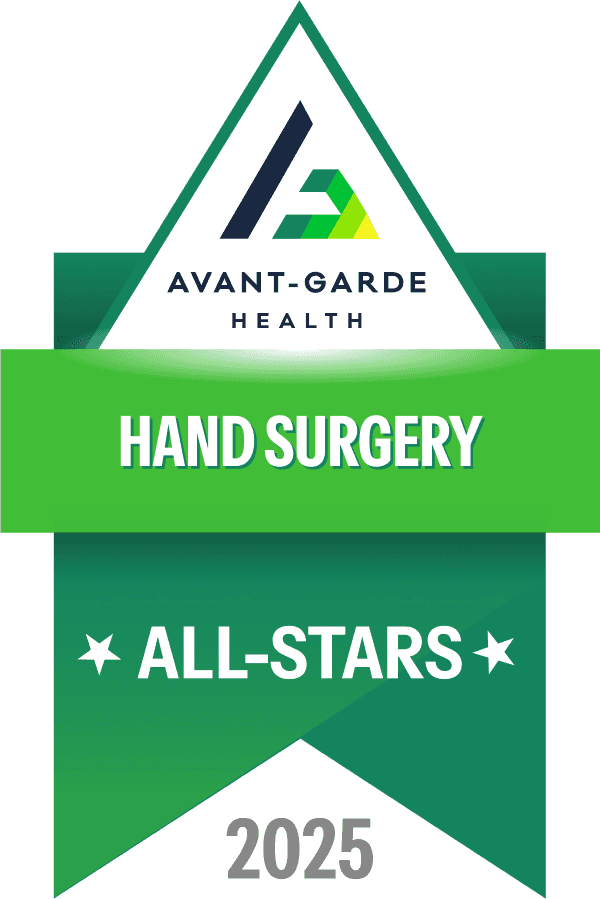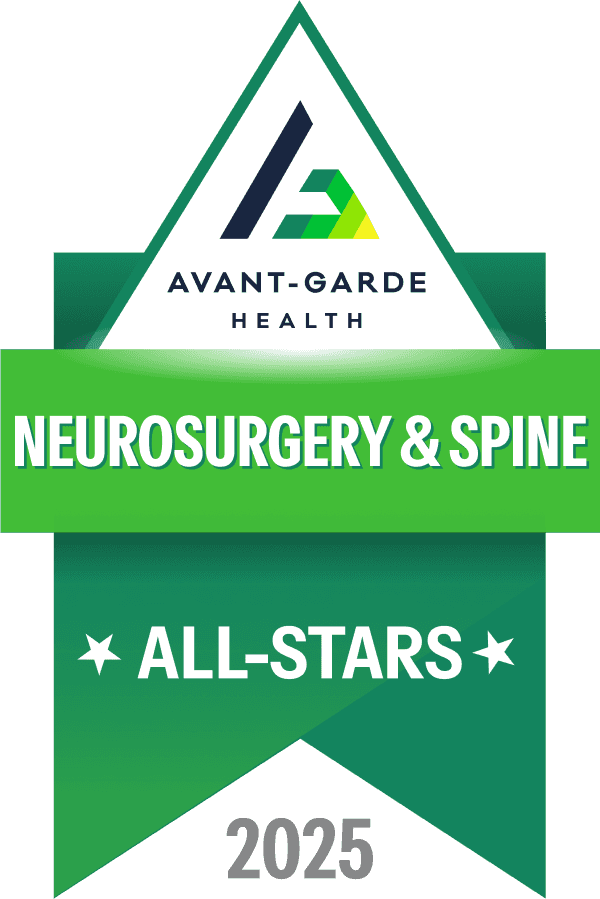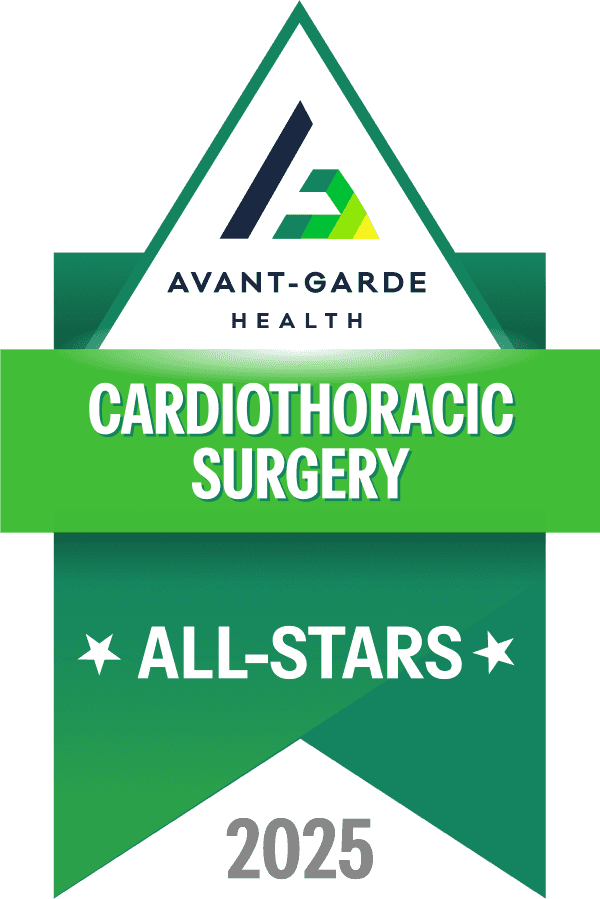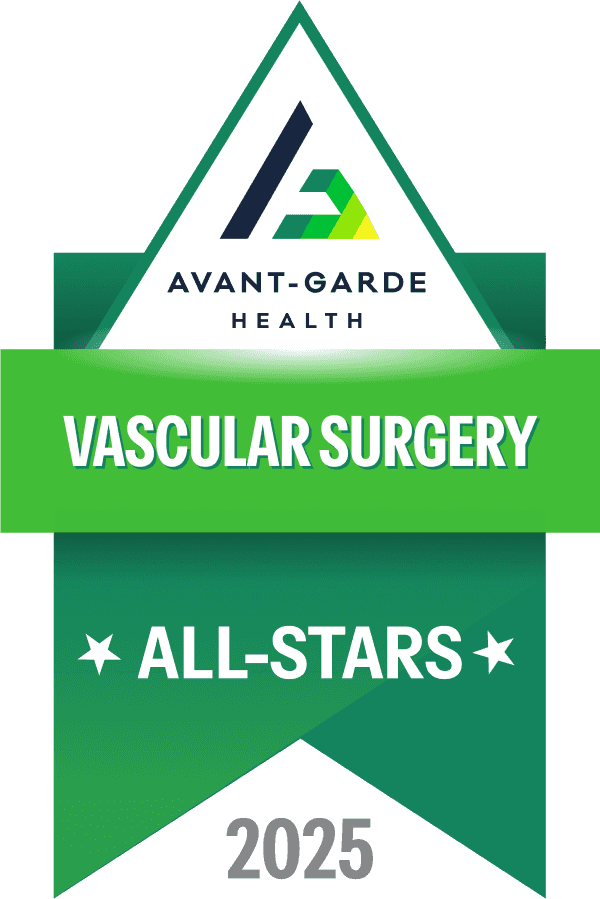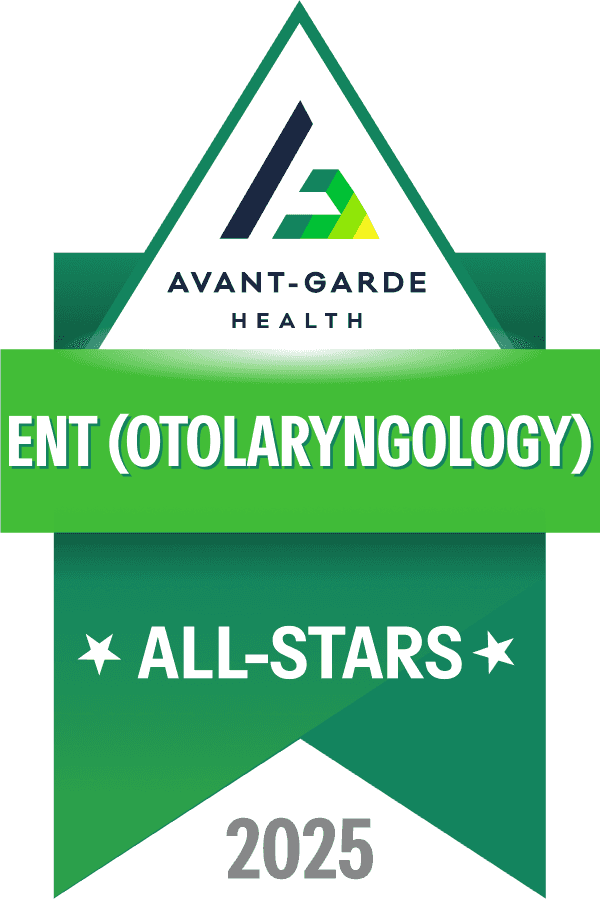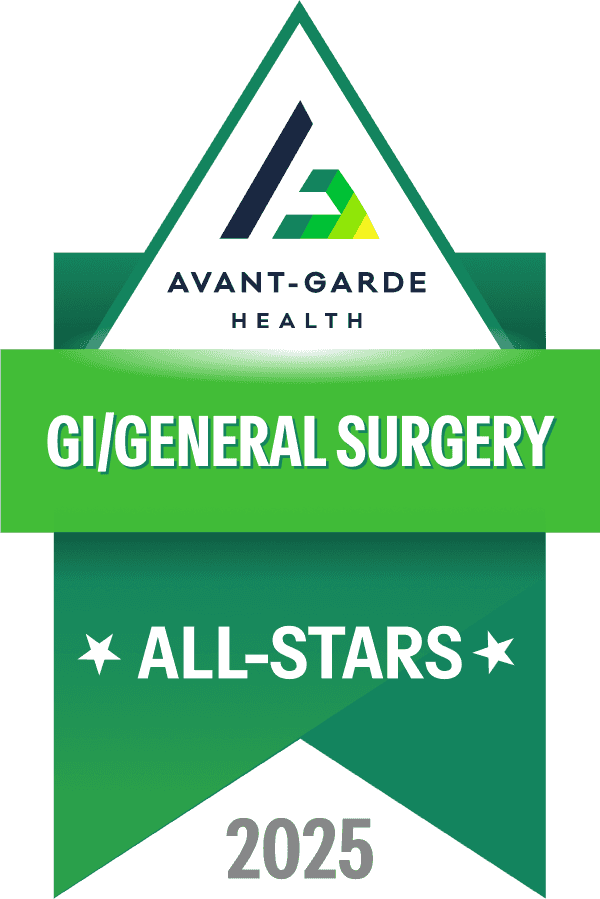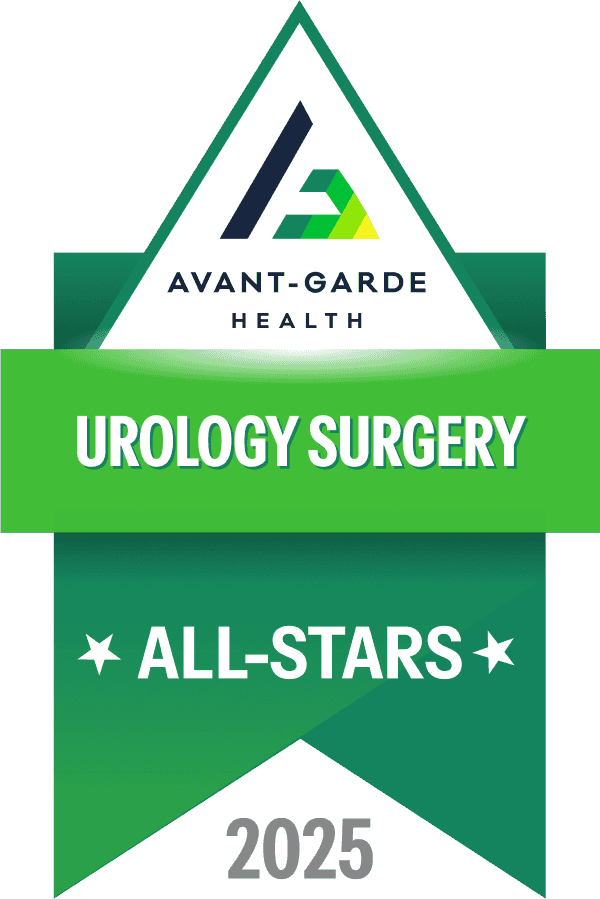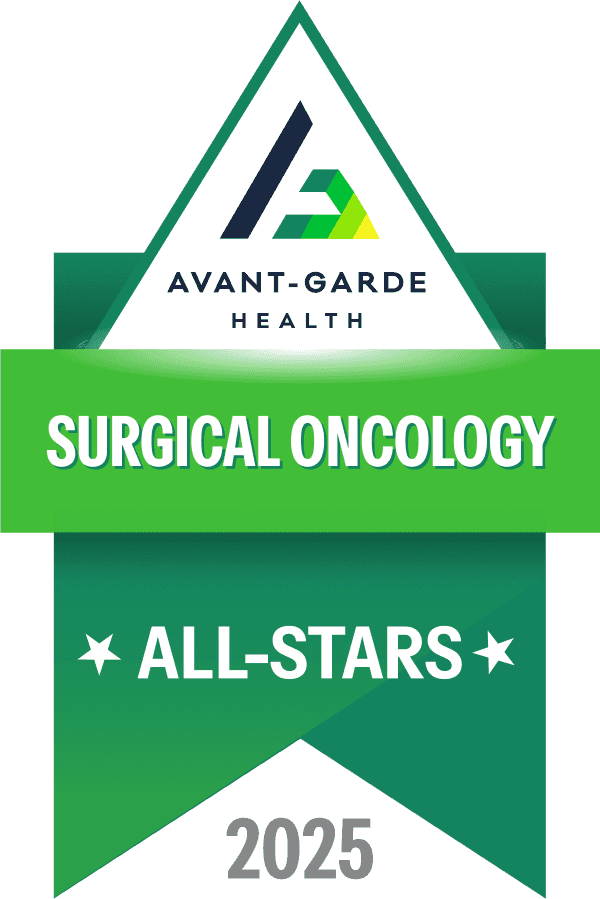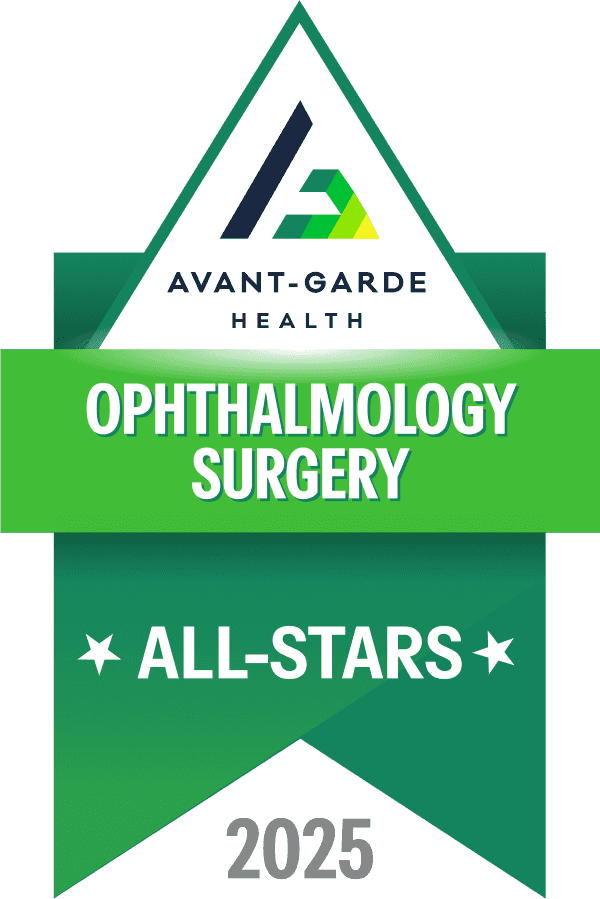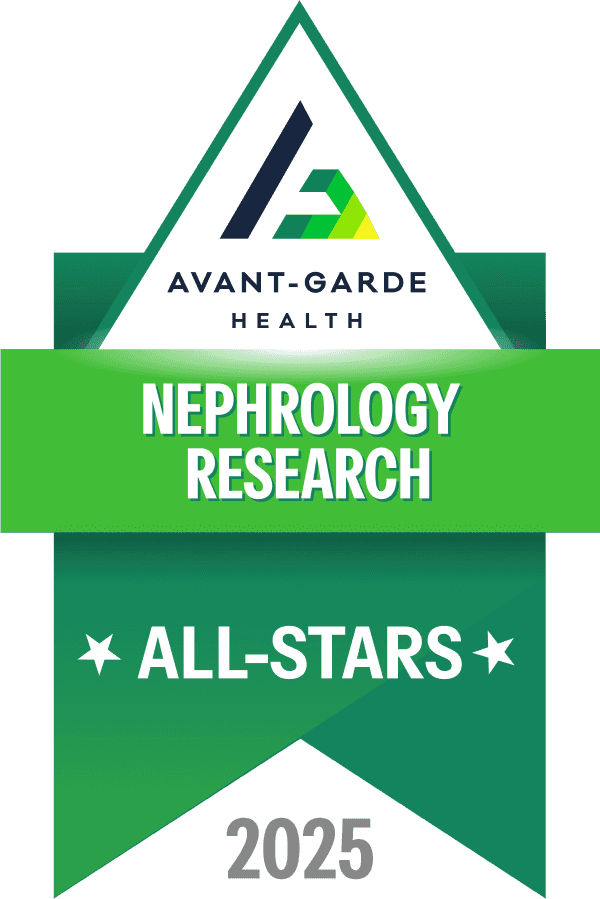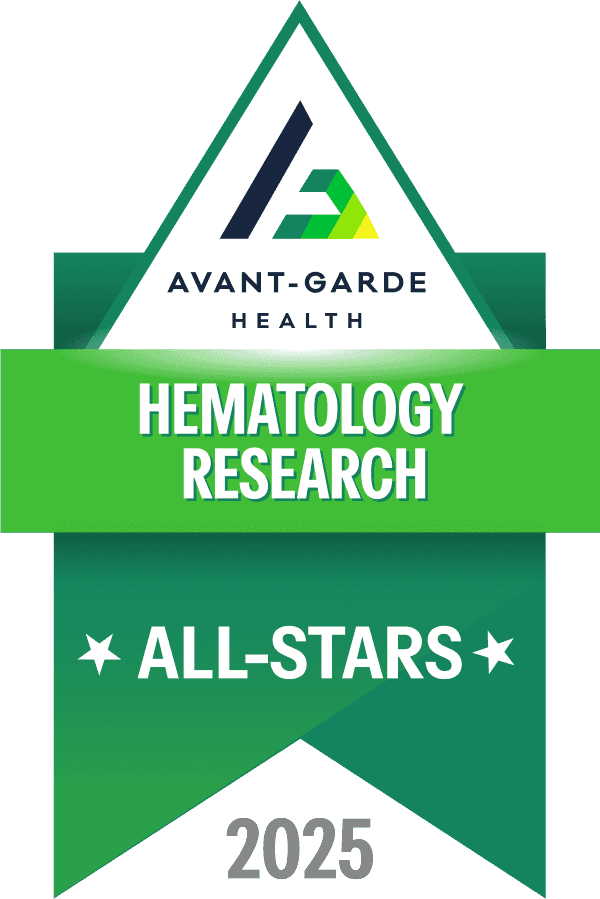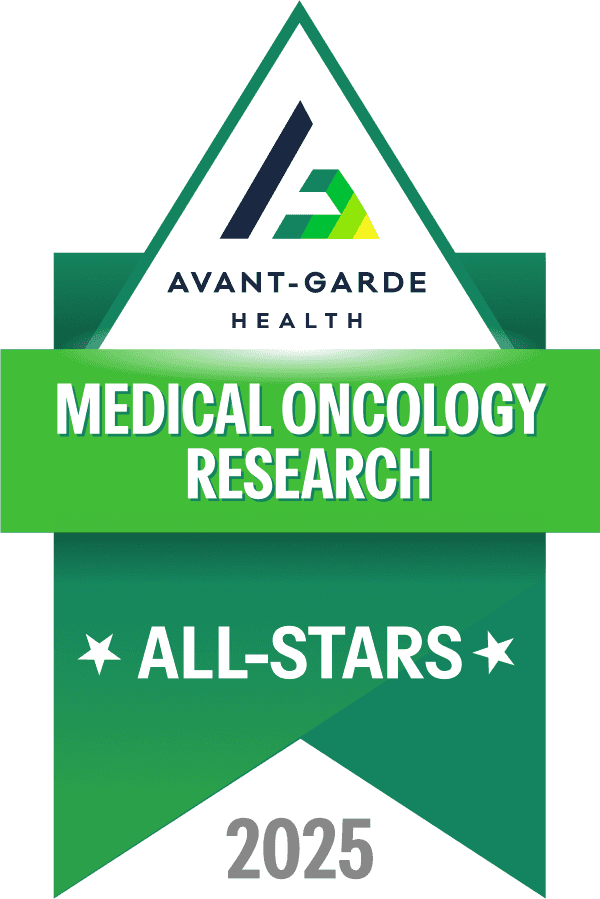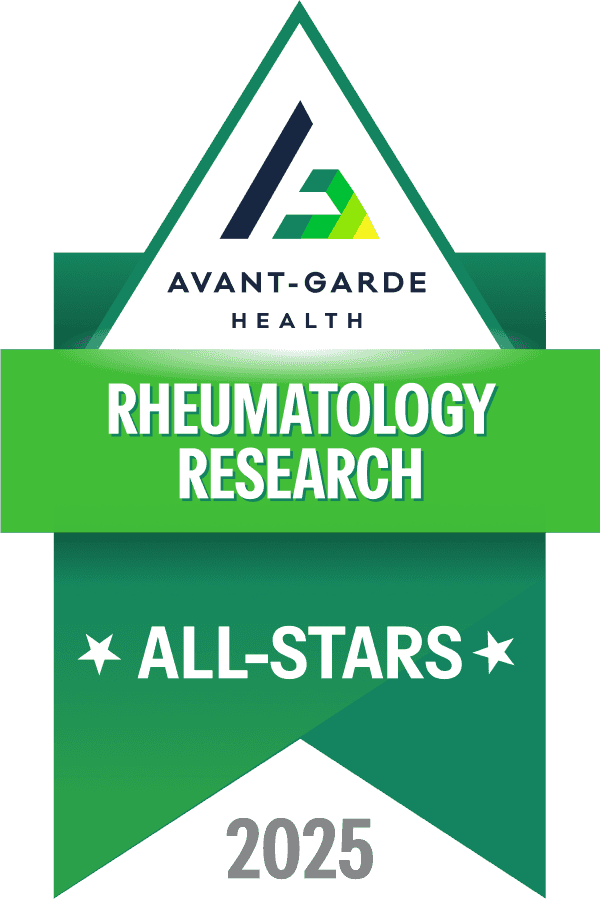Meet the best Physicians and hospitals for healthcare research
Welcome to the elite list of Healthcare Research All-Stars for 2025!
The physicians and hospitals named to the All-Star lists are honored in recognition of the quality and quantity of their published research. To be included as an All-Star, surgeons and hospitals must be among the top 5% of those publishing leading-edge healthcare research.
The physician and hospital All-Star lists are grouped by speciality and also within an overall list of hospitals across all specialties. Within each category, the lists are divided into three tiers as follows:
Top 1%99th Percentile
Top 2-3%97-98th Percentile
Top 4-5%95-96th Percentile
For additional details on the lists, please review the study Methodology and see answers to Frequently Asked Questions.
Healthcare Research All-Stars
Best Physicians and Hospitals

2025 Healthcare Research All-Stars: Hospitals
2025 Healthcare Research All-Stars: Surgery Specialties
2025 Healthcare Research All-Stars: Medical Specialties
Questions about the Physician Research All-Stars? Please contact us at Research.All-Stars@avantgardehealth.com.
What the Research All-Star Surgeons are Saying
"You can't provide cutting-edge cardiology treatment without conducting cutting-edge cardiology research. It's critical to do both. Not surprisingly, many of the top researchers in cardiology also have some of the busiest clinical practices. And through research, we are recognizing and in many cases for the first time, successfully treating patients with previously unmet needs."
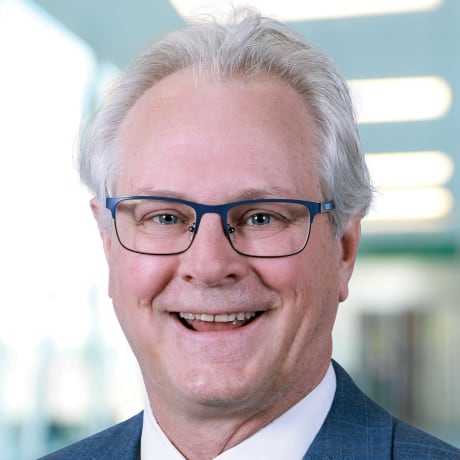
Timothy Henry, MD
Medical Director of the Lindner Research Center, The Christ Hospital Research Institute
"Diversity in the field of orthopedics has been a cornerstone of my work, ensuring that we create an inclusive environment where the voices of women are heard and valued. Alongside this, my commitment to evidence-based medicine has guided over 200 publications, highlighting the importance of rigorous research in advancing patient care. These twin pillars of my approach not only challenge the existing paradigms but also shape a future where healthcare benefits from a broad spectrum of perspectives. This journey, deeply personal and professional, drives my mission to enhance the medical community and the lives of those we serve."

Lisa Cannada, MD
Orthopedic Trauma Surgeon, Novant Health
"At Cleveland Clinic's Clinical Spine Lab, we've transitioned from basic science to publishing 30-40 impactful studies annually, aiming to advance the field of spine surgery. Under the guidance of leaders including Dr. Mroz and Steinmetz, our team focuses on making our research accessible to surgeons worldwide. The critical need for precise patient selection, to prevent unnecessary surgeries, highlights the importance of accurate diagnosis. By embracing value-based care, prioritizing quality over cost, we are setting a new standard for healthcare, ensuring that patient outcomes always come first"
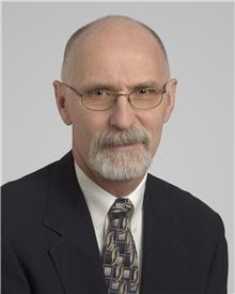
Edward Benzel, MD
Emeritus Chairman of the Department of Neurosurgery Cleveland Clinic
"Building a core team of like-minded individuals who share a passion for advancing medicine through research is pivotal. This foundation enables us to tackle larger questions, secure funding, and explore various avenues of investigation. By maintaining a focus on outcomes, we ensure that our work not only contributes to academic growth but also enhances patient care and hospital practices. The purity of research, as we understand it, is embodied in the meticulous tracking of patient outcomes with the goal of continuous improvement."
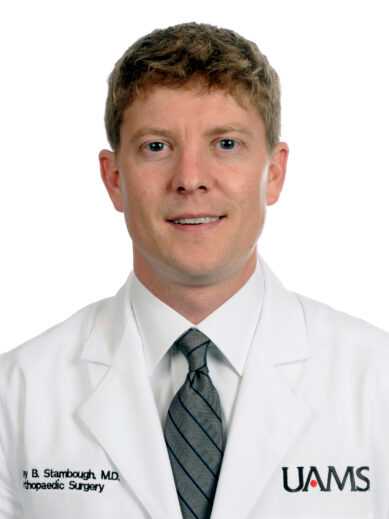
Jeffrey Stambough, MD
Adult Reconstructive Orthopedic Surgeon UAMS Health
"My research is fundamentally driven by the conditions I encounter within my patient population, with a focus on finding ways to improve their outcomes. Specifically, in addressing the challenges posed by anaplastic thyroid cancer, I developed an animal model for the cancer. This critical step enabled us to delve into its genetics and assess the efficacy of various drugs. This work is a direct reflection of my commitment to enhance the care and outcomes for my patients, translating scientific inquiry into tangible improvements in patient treatment strategies."
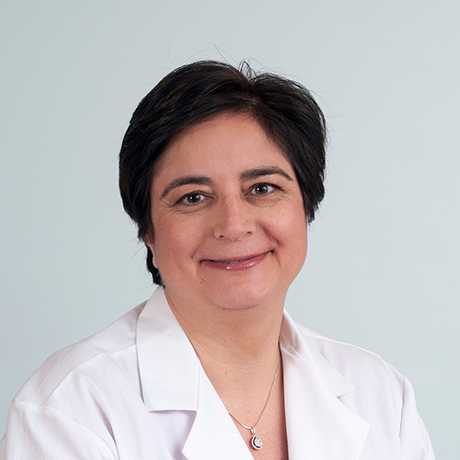
Sareh Parangi, MD
Chair of Surgery at Newton-Wellesley Hospital Director, MGH Thyroid Cancer Research Laboratory
"We do clinical research because we strive to offer better options to our patients. We never want to face a patient and be forced to say we have no hope to offer. Through research, we're creating new standards of care that are guideline compliant, quality-assured and protocol driven. These new standards reign in the most precarious outliers - bad patient outcomes - as well as unnecessarily high costs. As we progress on the continuum of these objectives, we continue to improve the overall quality and value of healthcare."
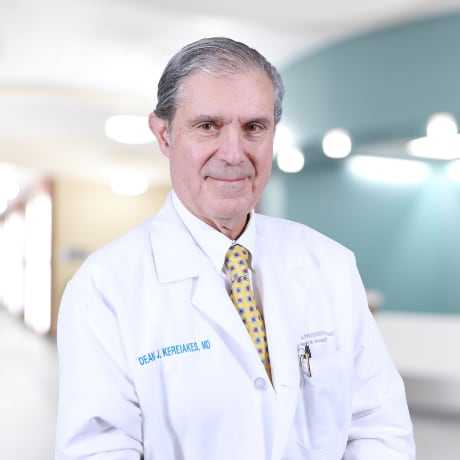
Dean Kereiakes, MD
Chairman of The Christ Hospital Heart and Vascular Institute, Medical Director of The Christ Hospital Research Institute
"My dedication to research is motivated by a commitment to advancing medical innovation and asking and answering important translational questions. As clinicians, this is our academic philanthropy which provides a balance to the daily responsibilities of caring for patients and educating our next generation of clinical scientists. It is satisfying and fulfilling to collaborate with colleagues in the they can be their best!"
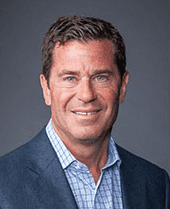
Brian J. Cole, MD, MBA
Acting Chair and Professor, Department of Orthopedics, Chair, Department of Surgery, Rush OPH, Shoulder, Elbow and Knee Surgery, Section Head, Cartilage Restoration Center at Rush
"One of our core missions in research at Mass General Brigham is to uncover operational methods that enhance patient care. For instance, our analysis of many surgical cases pinpointed key factors leading to post-surgical complications. The insights gained drove us to adopt ERAS (Enhanced Recovery After Surgery) protocols. Consequently, through standardization and adherence by surgeons, we've seen an 83% decrease in surgical site infections. This initiative has also significantly lowered the incidence of embolisms and reduced prolonged use of narcotics post-surgery. These outcomes exemplify how dedicated research directly translates into tangible improvements in patient health and recovery."
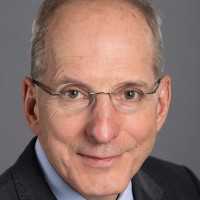
Ronald Bleday, MD
Vice Chair for Quality and Patient Safety, Department of Surgery Section Chief, Division of Colorectal Surgery Associate Professor, Harvard Medical School
"Jefferson extends exceptional support for research, providing us with allocated time each week to advance our work. In response, we dedicate ourselves to addressing critical challenges, guiding protocol improvements and elevating patient care. For instance, our findings have prompted changes that lower the risks of post-surgery infections and embolisms, both of which are serious and can be life-threatening."
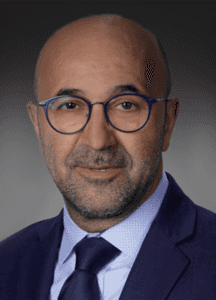
Javad Parvizi, MD, FRCS
Professor of Orthopedic Surgery, Thomas Jefferson University
"Our field's commitment to research improves the care of our patients in several ways. First, it improves our understanding of the causes and treatments of the disorders we encounter. Second, the process of research forces us all to maintain a firm command of the constantly evolving body of evidence in our discipline. This knowledge improves our patient care, training, and education."
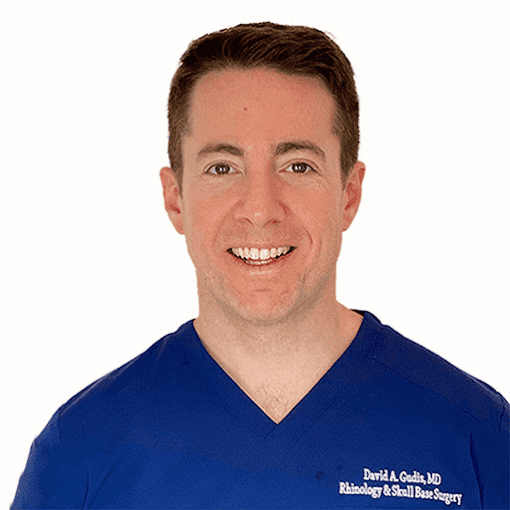
David Gudis, MD, FACS, FARS
Division Chief, Rhinology & Anterior Skull Base Surgery Department of Otolaryngology Head and Neck Surgery Columbia University Irving Medical Center
"Research inherently demands sacrifices, both in terms of time and financial resources, yet it's our passion that fuels our success. There is a great sense of fulfillment when our research leads to advancements, particularly in addressing unresolved clinical challenges. Each breakthrough we achieve not only solves immediate clinical issues but also lays the groundwork for future medical advancements, benefiting patients for years to come."
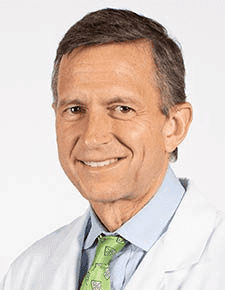
Scott Rodeo, MD
ATTENDING Surgeon at the Hospital for Special Surgery, Professor of Orthopaedic Surgery at Weill Medical College of Cornell University
"You can't provide cutting-edge cardiology treatment without conducting cutting-edge cardiology research. It's critical to do both. Not surprisingly, many of the top researchers in cardiology also have some of the busiest clinical practices. And through research, we are recognizing and in many cases for the first time, successfully treating patients with previously unmet needs."

Timothy Henry, MD
Medical Director of the Lindner Research Center, The Christ Hospital Research Institute
"Diversity in the field of orthopedics has been a cornerstone of my work, ensuring that we create an inclusive environment where the voices of women are heard and valued. Alongside this, my commitment to evidence-based medicine has guided over 200 publications, highlighting the importance of rigorous research in advancing patient care. These twin pillars of my approach not only challenge the existing paradigms but also shape a future where healthcare benefits from a broad spectrum of perspectives. This journey, deeply personal and professional, drives my mission to enhance the medical community and the lives of those we serve."

Lisa Cannada, MD
Orthopedic Trauma Surgeon, Novant Health
"At Cleveland Clinic's Clinical Spine Lab, we've transitioned from basic science to publishing 30-40 impactful studies annually, aiming to advance the field of spine surgery. Under the guidance of leaders including Dr. Mroz and Steinmetz, our team focuses on making our research accessible to surgeons worldwide. The critical need for precise patient selection, to prevent unnecessary surgeries, highlights the importance of accurate diagnosis. By embracing value-based care, prioritizing quality over cost, we are setting a new standard for healthcare, ensuring that patient outcomes always come first"

Edward Benzel, MD
Emeritus Chairman of the Department of Neurosurgery Cleveland Clinic
"Building a core team of like-minded individuals who share a passion for advancing medicine through research is pivotal. This foundation enables us to tackle larger questions, secure funding, and explore various avenues of investigation. By maintaining a focus on outcomes, we ensure that our work not only contributes to academic growth but also enhances patient care and hospital practices. The purity of research, as we understand it, is embodied in the meticulous tracking of patient outcomes with the goal of continuous improvement."

Jeffrey Stambough, MD
Adult Reconstructive Orthopedic Surgeon UAMS Health
"My research is fundamentally driven by the conditions I encounter within my patient population, with a focus on finding ways to improve their outcomes. Specifically, in addressing the challenges posed by anaplastic thyroid cancer, I developed an animal model for the cancer. This critical step enabled us to delve into its genetics and assess the efficacy of various drugs. This work is a direct reflection of my commitment to enhance the care and outcomes for my patients, translating scientific inquiry into tangible improvements in patient treatment strategies."

Sareh Parangi, MD
Chair of Surgery at Newton-Wellesley Hospital Director, MGH Thyroid Cancer Research Laboratory
"We do clinical research because we strive to offer better options to our patients. We never want to face a patient and be forced to say we have no hope to offer. Through research, we're creating new standards of care that are guideline compliant, quality-assured and protocol driven. These new standards reign in the most precarious outliers - bad patient outcomes - as well as unnecessarily high costs. As we progress on the continuum of these objectives, we continue to improve the overall quality and value of healthcare."

Dean Kereiakes, MD
Chairman of The Christ Hospital Heart and Vascular Institute, Medical Director of The Christ Hospital Research Institute
"My dedication to research is motivated by a commitment to advancing medical innovation and asking and answering important translational questions. As clinicians, this is our academic philanthropy which provides a balance to the daily responsibilities of caring for patients and educating our next generation of clinical scientists. It is satisfying and fulfilling to collaborate with colleagues in the they can be their best!"

Brian J. Cole, MD, MBA
Acting Chair and Professor, Department of Orthopedics, Chair, Department of Surgery, Rush OPH, Shoulder, Elbow and Knee Surgery, Section Head, Cartilage Restoration Center at Rush
"One of our core missions in research at Mass General Brigham is to uncover operational methods that enhance patient care. For instance, our analysis of many surgical cases pinpointed key factors leading to post-surgical complications. The insights gained drove us to adopt ERAS (Enhanced Recovery After Surgery) protocols. Consequently, through standardization and adherence by surgeons, we've seen an 83% decrease in surgical site infections. This initiative has also significantly lowered the incidence of embolisms and reduced prolonged use of narcotics post-surgery. These outcomes exemplify how dedicated research directly translates into tangible improvements in patient health and recovery."

Ronald Bleday, MD
Vice Chair for Quality and Patient Safety, Department of Surgery Section Chief, Division of Colorectal Surgery Associate Professor, Harvard Medical School
"Jefferson extends exceptional support for research, providing us with allocated time each week to advance our work. In response, we dedicate ourselves to addressing critical challenges, guiding protocol improvements and elevating patient care. For instance, our findings have prompted changes that lower the risks of post-surgery infections and embolisms, both of which are serious and can be life-threatening."

Javad Parvizi, MD, FRCS
Professor of Orthopedic Surgery, Thomas Jefferson University
"Our field's commitment to research improves the care of our patients in several ways. First, it improves our understanding of the causes and treatments of the disorders we encounter. Second, the process of research forces us all to maintain a firm command of the constantly evolving body of evidence in our discipline. This knowledge improves our patient care, training, and education."

David Gudis, MD, FACS, FARS
Division Chief, Rhinology & Anterior Skull Base Surgery Department of Otolaryngology Head and Neck Surgery Columbia University Irving Medical Center
"Research inherently demands sacrifices, both in terms of time and financial resources, yet it's our passion that fuels our success. There is a great sense of fulfillment when our research leads to advancements, particularly in addressing unresolved clinical challenges. Each breakthrough we achieve not only solves immediate clinical issues but also lays the groundwork for future medical advancements, benefiting patients for years to come."

Scott Rodeo, MD
ATTENDING Surgeon at the Hospital for Special Surgery, Professor of Orthopaedic Surgery at Weill Medical College of Cornell University
"You can't provide cutting-edge cardiology treatment without conducting cutting-edge cardiology research. It's critical to do both. Not surprisingly, many of the top researchers in cardiology also have some of the busiest clinical practices. And through research, we are recognizing and in many cases for the first time, successfully treating patients with previously unmet needs."

Timothy Henry, MD
Medical Director of the Lindner Research Center, The Christ Hospital Research Institute
